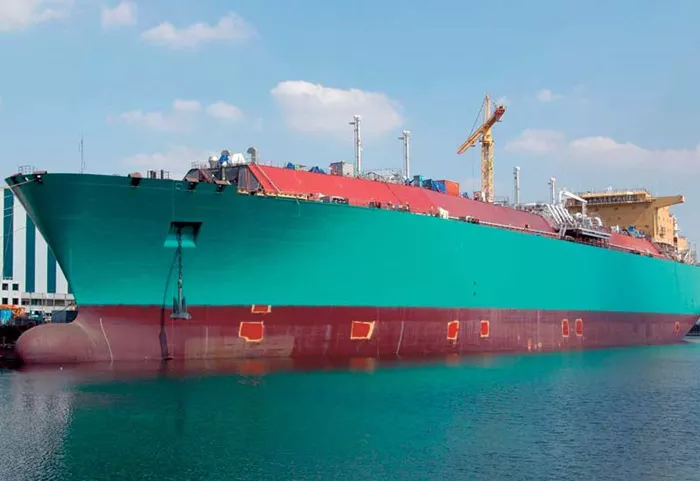South Korea is exploring opportunities to increase imports of U.S. oil and natural gas to diversify its energy sources and safeguard against potential supply disruptions stemming from ongoing instability in the Middle East. This announcement was made by South Korea’s Industry Minister Ahn Duk-geun on Thursday.
Minister Ahn highlighted that the government may need to provide greater support for the acquisition of oil from non-Middle Eastern countries to ensure more stable energy supplies. This move aligns with South Korea’s ongoing efforts to reduce its dependence on volatile regions for its energy needs.
Ahn’s remarks come at a time when U.S. President-elect Donald Trump, set to assume office on January 20, has made clear his intention to impose a 10% tariff on all global imports entering the U.S. He has also suggested that the European Union must boost its imports of American oil and gas or face tariffs on exports, including automobiles and machinery.
South Korea’s reliance on oil imports from the Middle East has grown significantly, with the region supplying 72% of the country’s crude oil in 2023, a notable increase from 60% in 2021, according to data from South Korea’s energy ministry.
On the natural gas front, South Korea imported 47.2 million metric tons of liquefied natural gas (LNG) in 2024. Of that, 5.7 million metric tons came from the U.S. Other countries, including Vietnam, are also considering U.S. LNG imports to mitigate trade imbalances with the United States, a senior diplomat in Hanoi shared.
As the world’s leading LNG exporter, the U.S. stands poised to benefit from the global energy shift. Sources suggest that President-elect Trump plans to ease the process for LNG producers seeking renewal of export permits, while his nominee for U.S. Secretary of Energy has emphasized that boosting domestic energy production, including LNG, will be a top priority during his tenure.

